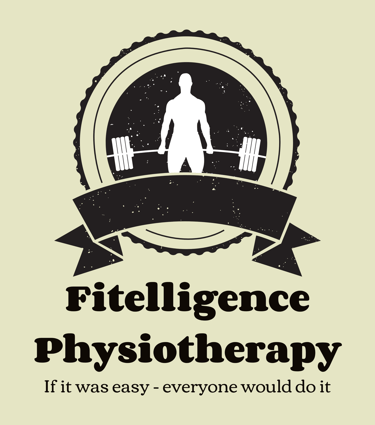Pediatric physiotherapy focuses on the assessment and treatment of infants, children, and adolescents with various conditions affecting movement and function. Here are key aspects:
1. Developmental Assessment
Evaluating milestones to identify any delays or abnormalities in movement, coordination, or strength.
2. Individualized Treatment Plans
Tailoring exercises and interventions to meet the specific needs of each child, considering their age and abilities.
3. Play-Based Therapy
Incorporating play into therapy to engage children and make exercises enjoyable, promoting participation.
4. Strengthening and Stretching Exercises
Targeted exercises to improve strength, flexibility, and coordination, crucial for conditions like cerebral palsy or muscular dystrophy.
5. Gait Training and Balance Activities
Techniques to enhance walking patterns and stability, particularly for children with mobility issues.
6. Education for Parents and Caregivers
Providing guidance on home exercises and strategies to support their child's development.
Tips for Parents
Encourage Activity: Promote active play to support physical development.
Stay Involved: Participate in therapy sessions when possible to reinforce exercises at home.
Monitor Progress: Keep track of your child’s achievements and communicate with the therapist.
CONTACT US
info@fitelligencephysiotherapy.com.au
0404 019 181
© 2026. All rights reserved.


